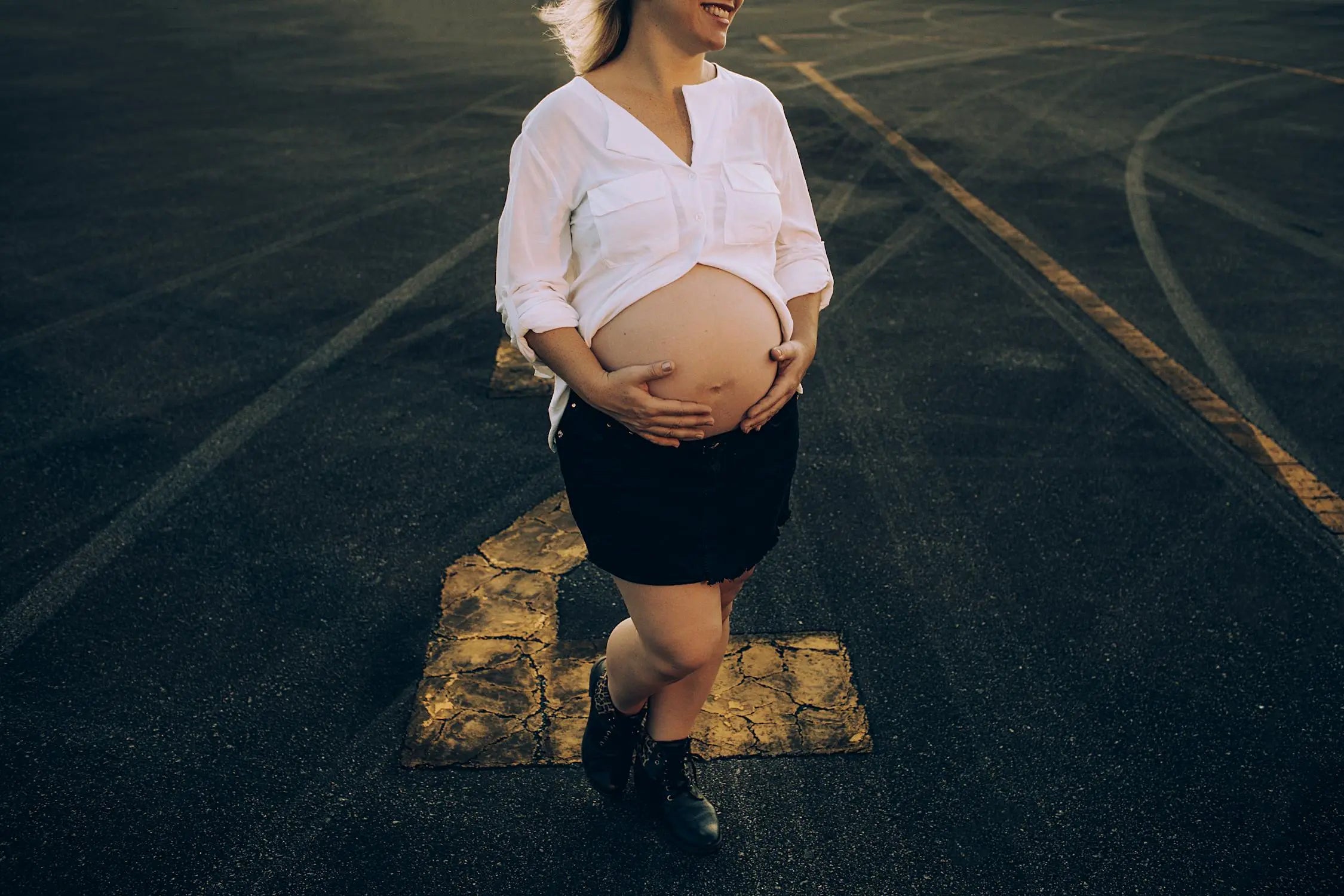Home
Pregnancy, Breastfeeding, and Pumping: The Ultimate Guide for Moms
How Long After Sex Will a Pregnancy Test Work: A Comprehensive Guide

How Long After Sex Will a Pregnancy Test Work: A Comprehensive Guide
When it comes to determining pregnancy, timing is everything. Many people wonder, how long after sex will a pregnancy test work? The answer depends on several factors, including the type of test, your menstrual cycle, and when implantation occurs. This article will guide you through the science behind pregnancy tests, the best time to take one, and how to ensure accurate results.
Understanding Pregnancy Tests
Pregnancy tests detect the presence of human chorionic gonadotropin (hCG), a hormone produced during pregnancy. This hormone is released when a fertilized egg attaches to the uterine lining, a process known as implantation. Most tests are designed to detect hCG in urine or blood, with urine tests being the most common and convenient option.
How Soon Can a Pregnancy Test Detect hCG?
The timing of when a pregnancy test can detect hCG varies. Implantation typically occurs 6 to 12 days after ovulation, and hCG levels start to rise shortly after. However, it takes time for hCG to reach detectable levels. Most urine tests can detect hCG about 10 to 14 days after conception, but this can vary depending on the sensitivity of the test.
Factors That Influence Test Accuracy
Several factors can affect the accuracy of a pregnancy test, including:
- Test Sensitivity: Some tests are more sensitive and can detect lower levels of hCG earlier.
- Timing of Implantation: If implantation occurs later than average, hCG levels may not be detectable as soon.
- Menstrual Cycle Length: Women with irregular cycles may have difficulty predicting the best time to test.
- Testing Too Early: Taking a test too soon can result in a false negative, as hCG levels may not yet be high enough.
When to Take a Pregnancy Test After Sex
To maximize accuracy, it’s best to wait until after your missed period to take a pregnancy test. For most women, this is about 14 days after ovulation or conception. However, if you suspect you might be pregnant and can’t wait, some tests claim to provide accurate results as early as 6 to 8 days after ovulation. Keep in mind that testing too early increases the risk of a false negative.
Types of Pregnancy Tests
There are two main types of pregnancy tests: urine tests and blood tests. Urine tests are widely available over-the-counter and can be taken at home. Blood tests, on the other hand, are performed in a medical setting and can detect pregnancy earlier than urine tests. Blood tests are also more accurate and can measure the exact level of hCG in your body.
Tips for Accurate Results
To ensure the most accurate results, follow these tips:
- Use Your First Morning Urine: This is when hCG levels are most concentrated.
- Read the Instructions Carefully: Each test has specific guidelines for use.
- Avoid Drinking Too Much Fluid: Excess fluids can dilute your urine and affect the results.
- Wait the Recommended Time: Some tests require a few minutes to process, so be patient.
What to Do If You Get a Positive Result
If your pregnancy test is positive, it’s important to confirm the result with a healthcare provider. They can perform a blood test or ultrasound to confirm the pregnancy and provide guidance on next steps. Early prenatal care is essential for a healthy pregnancy.
What to Do If You Get a Negative Result
A negative result doesn’t always mean you’re not pregnant. If you suspect you might still be pregnant, wait a few days and test again. If your period doesn’t arrive and you continue to get negative results, consult a healthcare provider to rule out other potential issues.
Common Myths About Pregnancy Tests
There are many misconceptions about pregnancy tests. Here are a few common myths debunked:
- Myth: You can’t get a false positive. Fact: While rare, false positives can occur due to certain medications or medical conditions.
- Myth: All tests are the same. Fact: Test sensitivity varies, so some can detect pregnancy earlier than others.
- Myth: You can’t test too early. Fact: Testing before hCG levels are detectable can lead to false negatives.
Frequently Asked Questions
Q: Can I take a pregnancy test at night?
A: While it’s best to use your first morning urine, some tests are sensitive enough to detect hCG at any time of day.
Q: How soon after a missed period should I test?
A: Testing a few days after your missed period increases the likelihood of accurate results.
Q: Can medications affect pregnancy test results?
A: Certain medications, such as those containing hCG, can interfere with test results.
Emotional Considerations
Waiting to take a pregnancy test can be an emotional experience. Whether you’re hoping for a positive or negative result, it’s important to take care of your mental health during this time. Reach out to a trusted friend, partner, or counselor for support.
When to Seek Medical Advice
If you’re experiencing symptoms of pregnancy but continue to get negative test results, or if you have concerns about your fertility, it’s a good idea to consult a healthcare provider. They can help identify any underlying issues and provide appropriate care.
Understanding how long after sex will a pregnancy test work can help you plan and prepare for the next steps in your journey. Whether you’re hoping to conceive or avoid pregnancy, accurate testing is key. Remember, every body is different, so patience and care are essential. If you’re unsure about your results or have questions, don’t hesitate to seek professional guidance. Your health and well-being are worth it.
Share
